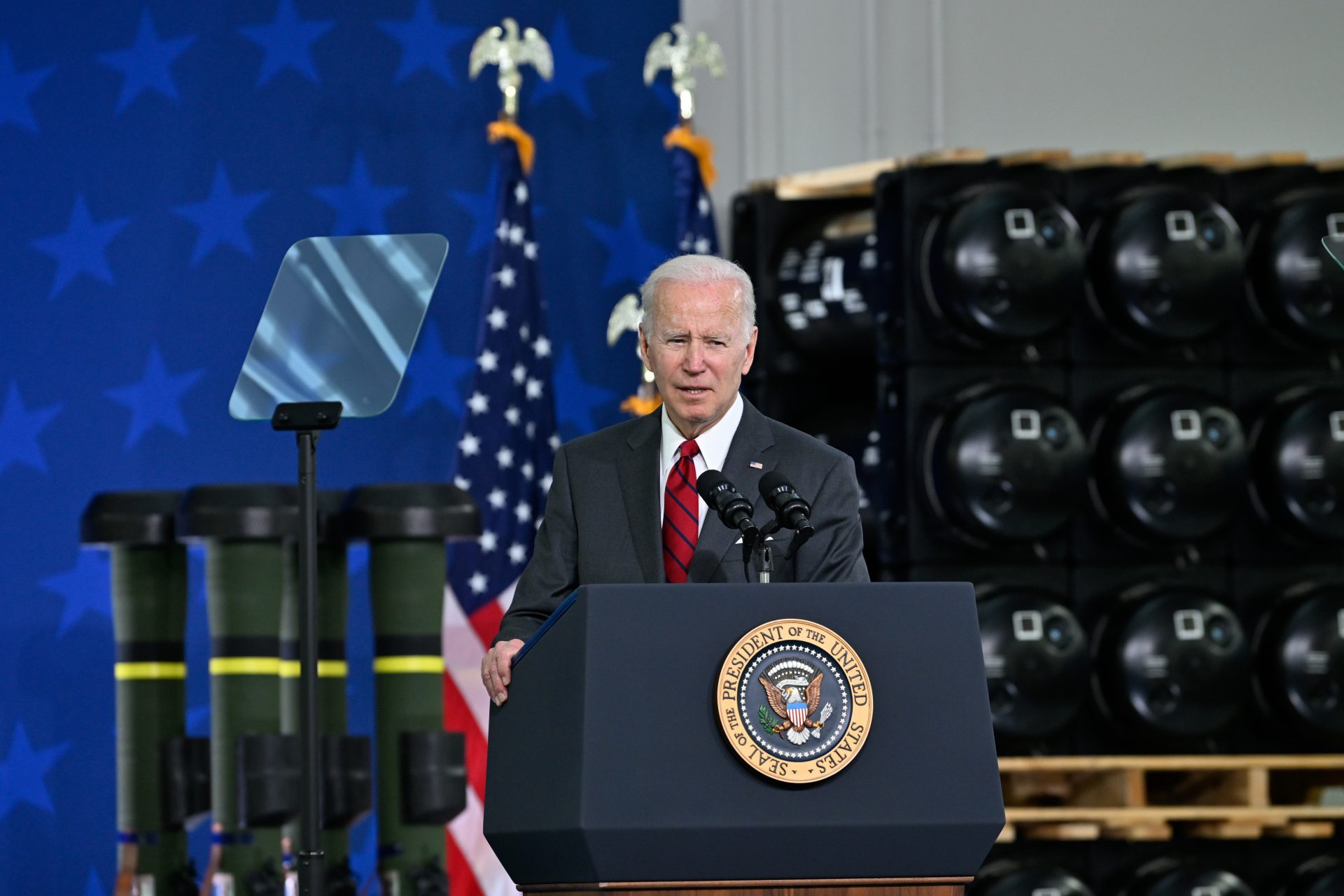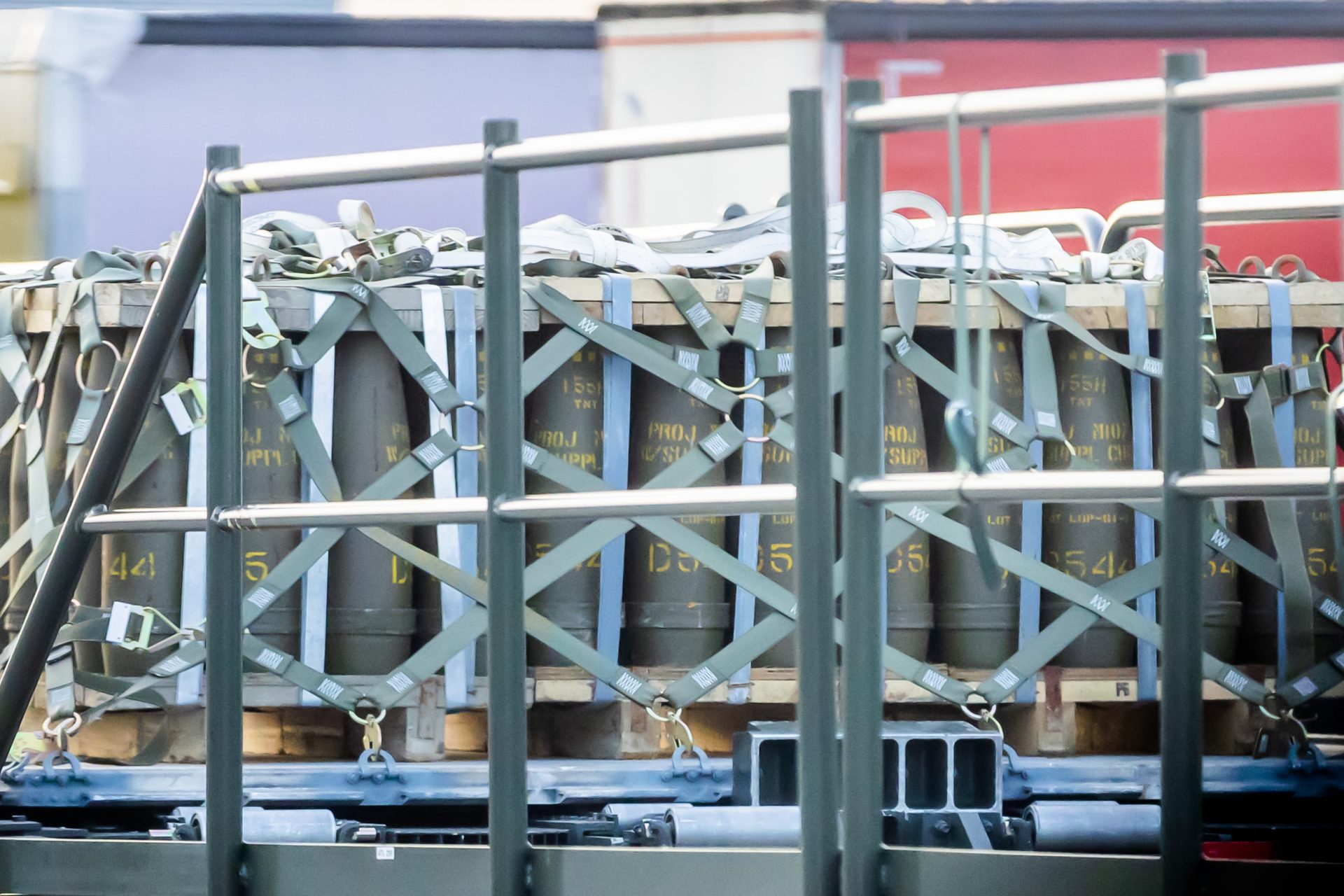Defense contractors are seeing revenue boosts because of Ukraine
Defense contractors are seeing a considerable boost in revenue amid the chaos caused by Vladimir Putin’s invasion of Ukraine. Equipment restocks and nations looking for new arms will be a big boon for manufacturers going forward according to Reuters.
Among the companies set to benefit are Lockheed Martin and General Dynamics, which are both expecting existing orders—and the surge of new orders for weapon systems and equipment—to increase their revenue in the coming quarters.
Much of the current financial success of defense contractors today was penned over a year ago when customers like the United States Army began signing contracts meant to backfill their stockpiles and send weapons directly to Ukraine.
Reuters reported companies like Lockheed Martin, General Dynamics, and Rackspace Technologies all recorded better-than-expected revenues in recent earnings calls, which has a lot to do with the state of the world’s current politics.
"We've gone from 14,000 rounds per month to 20,000 very quickly,” General Dynamics Chief Financial Officer Jason Aiken said on an earnings call, referencing the company's artillery shell production that is set to rise even further.
“We're working ahead of schedule to accelerate that production capacity up to 85,000, even as high as 100,000 rounds per month," Aikens added, which shows the scale at which General Dynamics is working to fulfill its contracts.
Executives expect the conflicts in both Ukraine and now Israel to push revenues higher according to Reuters, and that makes a lot of sense considering both countries are expected to soon receive billions in defense aid from the United States taxpayers.
In an October 19th speech from the Oval Office, Joe Biden attempted to tie the conflicts in Ukraine and Israel together and asked Congress to approve a new $106 billion dollar package that would help fund both embattled countries.
“Hamas and Putin represent different threats, but they share this in common: They both want to completely annihilate a neighboring democracy, completely annihilate it,” Biden explained according to a report from CNN.
“We can’t let petty partisan, angry politics get in the way of our responsibilities as a great nation. We cannot and will not let terrorists like Hamas and tyrants like Putin win. I refuse to let that happen,” Biden added.
Of course, not all of the proposed $106 billion would be set aside for the two countries. Ukraine is set to receive $61.4 billion if the spending is approved, NPR reported, and Israel will receive $14.3 billion in aid with $9.16 set aside for humanitarian aid.
The money for Ukraine is meant to provide weapons, equipment, and support for U.S. troops in Europe until September 2024 while Israeli spending will help fund the nation's air and missile defense systems while providing financing for their military.
The proposed funding will touch defense contracts in the United States and around the world. However, a lot of the money currently bolstering the coffers of defense contractors has not translated into jobs in the United States according to NBC News.
Much of the issues revolve around logistical challenges and the inability to quickly ramp up production of the weapons and equipment Ukraine needed. “It takes time to surge,” the Center for Strategic and International Studies’ Cynthia Cook told NBC News.
“The industrial base is incentivized to be as efficient as possible so that means there’s not a lot of manufacturing slack in the system, and that makes it challenging to grow,” Cook continued. But how much has been thrown at the problem?
The United States has provided $44 billion dollars in direct security assistance to Ukraine since the country was invaded, and much of that has been spent on replenishing stockpiles that were sent to Kyiv—money that is now boosting the revenue of defense contractors.
More for you
Top Stories





























